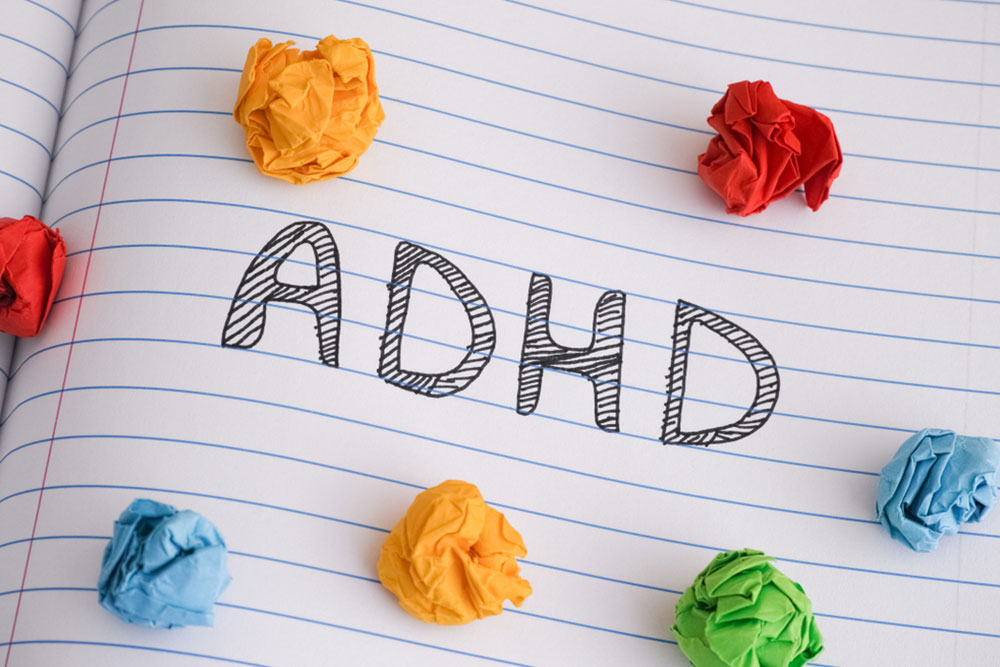How to know if your kid has ADHD
Sometimes, parents have to take little more care than usual to identify if their kids have any disorder in them or not. It can be a big deal for the parents to learn that their toddler may have a disorder that would require special attention. As a parent, it is not an easy information to digest and at times, the disorders are not easy to identify. ADHD (Attention Deficit/Hyperactive Disorder) is once such disorders that is hard to find in toddlers as the symptoms are very close to the natural behavior of toddlers.

For the parents to find out if their child has ADHD, it is important they learn about all the ADHD symptoms toddlers have. ADHD symptoms in toddlers can be tricky and most symptoms are how toddlers generally behave.
Some ADHD symptoms in toddlers are:
Short term attention span
Unable to pay attention
Always fidgets
Low to no patience
Interruptive behavior
Takes risk (unaware of consequences)
Even after knowing the symptoms in detail, parents need to sit and observe their child carefully so they don’t miss out of any ADHD symptoms in their toddler. Here is a checklist parents can follow to identify if their child has ADHD or not:
– If the behavior of their kid is similar to the behavior of other kids my kid meets
– If the behavior you expect your child to have is justified for his age or not
– If certain behavior in their child has a pattern while he is in some activity
– If the behavior has a patter in many different activities or settings
If you are a parent and want to know there are any ADHD symptoms in your toddler, then you can take notes from this test. The observations you make and help the doctor identify if your child has the disorder or not.
At times, you can seek help from the teachers who spend lot of time with your kid. Though teachers cannot always pay full attention to a kid, they can still notice how one kid is behaving slightly different from the others. This can give you more insights and help you point out ADHD symptoms toddlers have, or your toddler has.
You can also cross check your observations with the teacher’s by asking him/her to notice your kid more for some time till he/she checks all the questions and concludes. Two separate conclusions can help you identify the problem with more clarity.




